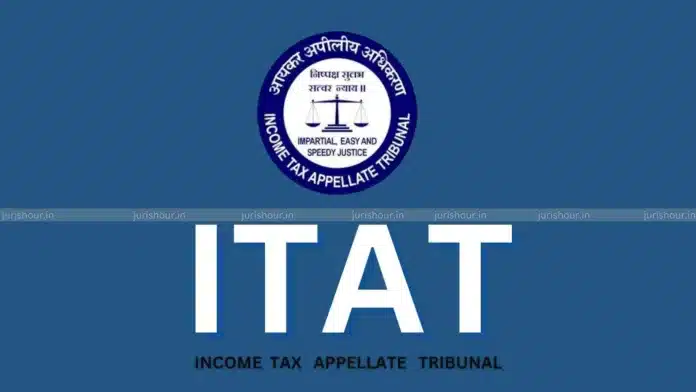The Mumbai Bench of Income Tax Appellate Tribunal (ITAT) has held that surcharge on private discretionary trusts to be computed as per slab rates prescribed in Finance Act.
The bench of Saktijit Dey (Vice President) and B R Baskaran (Accountant Member) has observed that in case of Private Discretionary Trusts, whose income is chargeable to tax at maximum marginal rate, surcharge has to be computed on the income tax having reference to the slab rates prescribed in the Finance Act under the heading ‘surcharge on income tax’.
The assessee/appellant, Araadhya Jain Trust, a Private Discretionary Trust, filed its return of income for the assessment year 2023-24, declaring income of Rs.4,85,290. In terms with the provision contained under section 164 read with section 2(29C) of the Income Tax Act, the assessee paid tax at the ‘maximum marginal rate’. While processing the return of income filed by the assessee, the Centralized Processing Centre (CPC) levied the highest rate of surcharge on the maximum marginal rate at which the tax was computed.
The issue raised was whether, in the case of private discretionary trusts whose income is chargeable to tax at maximum marginal rate, surcharge is chargeable at the highest applicable rate or at a slab rates?
The department contended that Araadhya Jain Trust, Mumbai and on behalf of interveners nos. 2, 3 and 5 submitted that as per section 164 and 167B of the Act, tax in case of a Private Discretionary Trust is to be charged at the maximum marginal rate. He submitted, the maximum marginal rate is defined under section 2(29C) of the Act, to mean the rate of income tax applicable in relation to highest slab of income as specified in the Finance Act of the relevant year with reference to an individual, association or body of individual and such tax is to be increased by applicable surcharge, if any. He submitted, the rate of income tax in force for a relevant year is provided under section 2(1) of the Finance Act, 2023 read with its schedule. However, he submitted, sub-section (1) to section 2 of Finance Act, 2023 is subject to sub-sections (2) and (3).
The department contended that there is a difference between the ‘rates of income tax’ and ‘surcharge’, as the Finance Act speaks of ‘rates of income tax’ and ‘surcharge’, rather than ‘rates of surcharge’. Surcharge is simply an amount added to the income tax. Proceeding further, he submitted, rate of income and surcharge are two different connotations not only under the Act but also under Article 271 of the Constitution of India. Drawing our attention to Article 271, he submitted, surcharge is recognized as a separate category and its collection is treated differently than the income tax levied at the specified rates.
The court held that there is no conflict between provisions contained under section 164/167B, 2(29C) of the Income Tax Act and section 2 of the Finance Act, however, even assuming that there are some conflicts, a harmonious construction has to be made to avoid absurdity and make the provisions workable. Thus, in our view, the expression ‘if any’ used in section 2(29C) has to be read not de hors but in conjunction with the computation mechanism provided under the heading ‘surcharge on income tax’ provided in section 2 of Finance Act.
Expert Opinion
The Former ITAT’s Vice President, Mr. Pramod Kumar shared on LinkedIn that , “it appears that the way CPC programs are devised, when it comes to the taxation of private discretionary trust, not only is the tax levied at the maximum marginal rate, but the surcharge is also levied at the maximum rate- rather than at the applicable slab rate on PDT’s income. That is the position taken by the revenue authorities. This approach is incongruous inasmuch as the levy of tax at the maximum marginal rate, even as an anti-abuse provision, seeks to nullify undue benefit received by a taxpayer by formation of trust rather than punishing him for formation of such a trust. Sec 2(29) refers to the “rate of income tax (including a surcharge on income tax, if any) applicable in relation to the highest slab of income”. If the total income of the trust is below the threshold limit of Rs 50 lakhs, surcharge does not come into play, and where surcharge is applicable, it must correspond to the respective slab of income. That is how this provision was construed all along by the ITAT.”
Case Details
Case Title: Araadhya Jain Trust Versus Income Tax Officer
Case No.: ITA No. 4272/Mum/2024
Date: 09.04.2025
Counsel For Appellant: Mihir Naniwadekar
Counsel For Respondent: Kiran Unavekar
Read More: Trump Hikes China Tariffs to 125%, Suspends Tariffs on Most Nations for 90 Days

